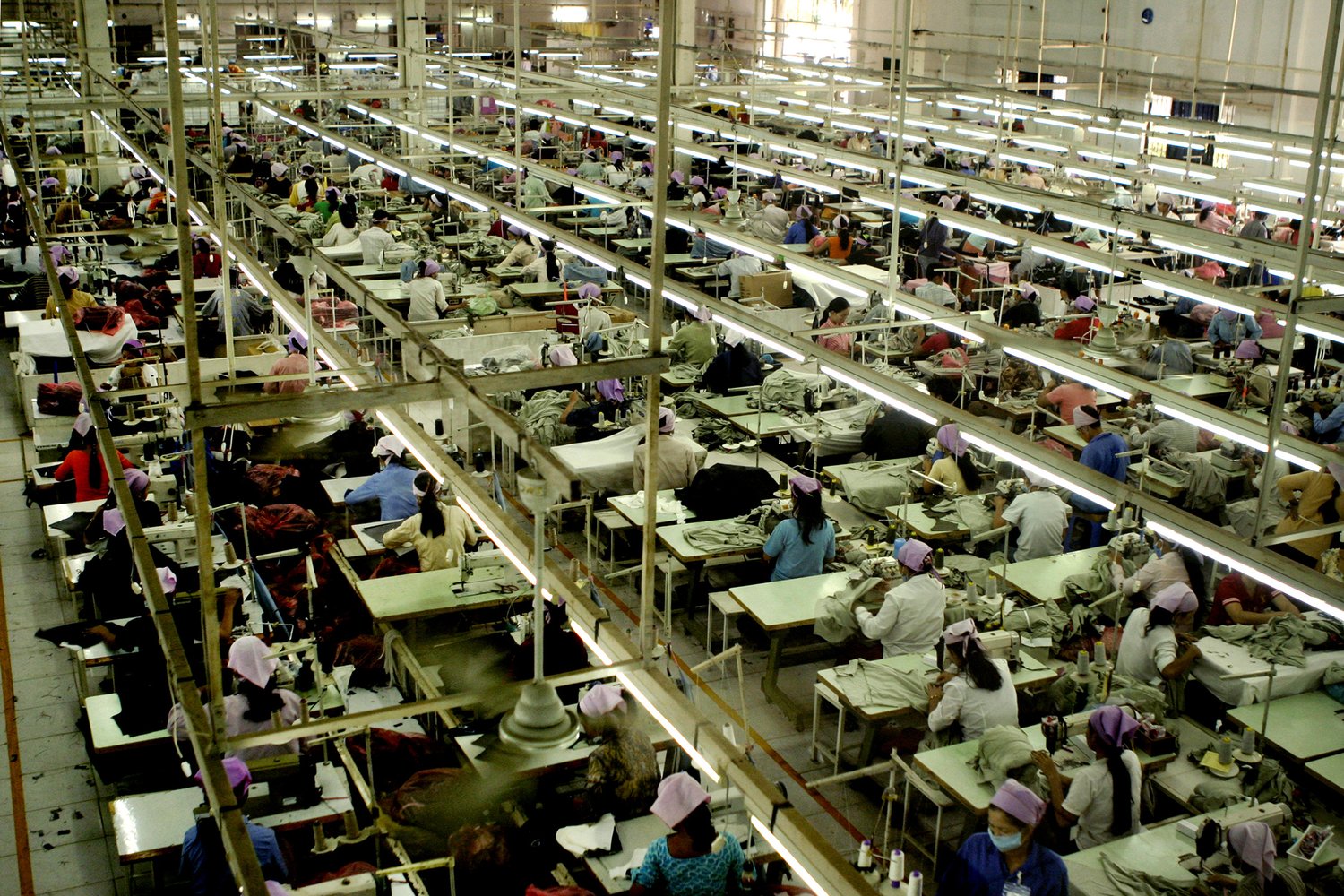Concept and definition
Going ‘beyond audits’ refers to doing more than the traditional approach of relying on third-party auditing of a factory to assess and manage what is happening in a supply chain. Whilst the term evades a concise definition, it is increasingly being used in conversations about the failure of audits to protect human rights.
Multiple reports, such as one from the Clean Clothes Campaign, state that the social auditing system is “notoriously sloppy, secretive and weak on remedy, … [and] is failing workers by design”. Despite many researchers and labour organisations believing that social audits have no real impact on working conditions, improvements and alternative approaches are currently piecemeal.
Future solutions can no longer come from evolving audit design and methodology. Regular audits are increasingly being considered as the bare minimum for managing labour standards in supply chains.
What’s the challenge?
A recent study by Transparentem, that reviewed over 40,000 factory audits across 12 different countries, revealed that 45% were found to be based on “falsified” or “unreliable” information. Additionally, interviews with people from 20 different garment factories and spinning mills across Malaysia, India, and Myanmar, in the same report, alluded to strategies by manufacturing employers to conceal labour rights violations.
Audits have been labelled as “duplicative” and do not necessarily lead to change: they only provide an insight into a fixed point in time, are one-dimensional, and rarely go deep enough to reveal the root cause of human rights violations.
Audits do not enable the change necessary for ensuring a sustainable improvement of employment practices. With incoming supply chain due diligence regulation in sight, avoiding further investigation of potential forced labour and social risks beyond audits is no longer an option.
Complex supply chains
It is not necessarily simple for fashion brands to tackle workers’ rights issues because of the complexity of their supply chains. ‘Audit fatigue’ often means that data is saturated and a clear path for action is unidentifiable.
The challenge of understanding labour standards in direct suppliers can already be significant and so ethical trade teams working with the secondary and tertiary tiers of their supply chains have a big undertaking.
The lack of software to help teams dealing with supply chain ethics means that it can be resource intensive and time consuming to understand how and where to go beyond audits.
Emerging approaches
Various solutions have begun to be posited by key actors in the fashion sustainability space, specifically focused on collaboration and going beyond “simple compliance” with a due diligence approach.
Warwick Business School suggests realigning the insight to worker representation. This means approaching audits with a social awareness that makes sure to gather information from worker meetings, lead by workers who were nominated into the position, to provide context and diversity to the data collected. PVH has adopted this approach, as part of an ILO and IFC initiative, which is designed to “elevate and amplify workers' voices” to identify and solve any issues collaboratively.
Efficient tracking and management of risk, the root causes of issues, and actions taken to resolve them is vital for affecting positive change. The use of technology is quickly becoming invaluable for providing additional context and monitoring due diligence to go beyond audits.
Looking to the future
It is important to note that well-run, high quality audits are still relevant. However, the companies most successful at improving labour conditions supplement them with a comprehensive and inclusive human rights due diligence approach and are working towards implementing technology to improve efficiency.
Bringing in a due diligence focus, as well as a deeper focus on the workers, ensures that brands go beyond auditing, identify and assess the human rights risk across their supply chain, and take “systemic measures to prevent and address adverse impacts".
Audits are no longer enough to ensure the social sustainability of supply chains. Companies must take action, go beyond audits, implement helpful technology, and ensure that a human rights lens is applied to all levels of supply chain management.


